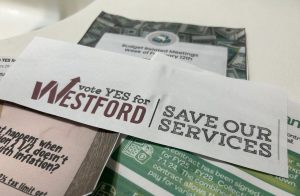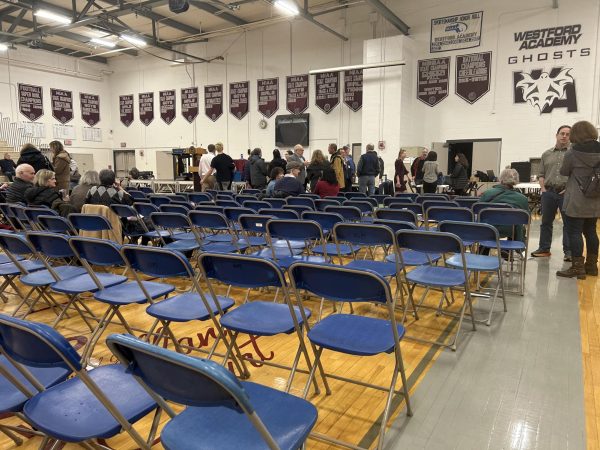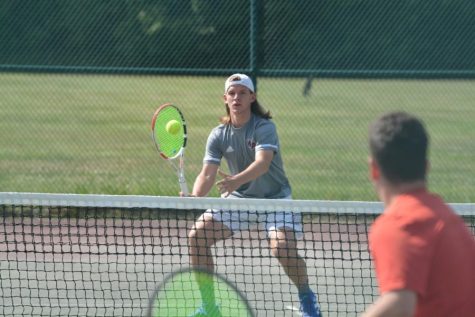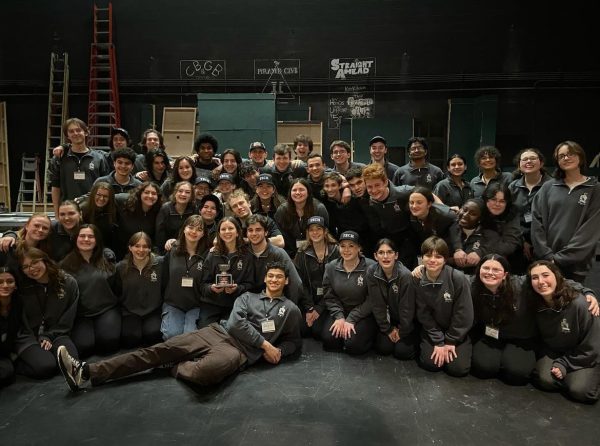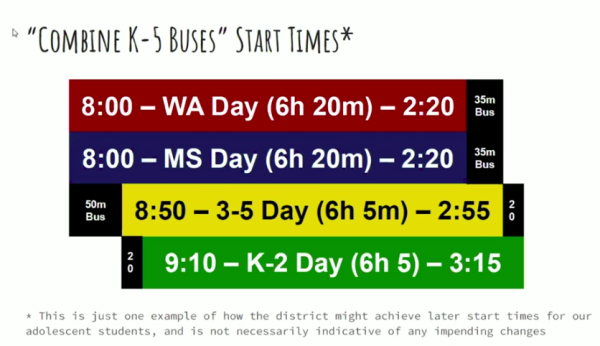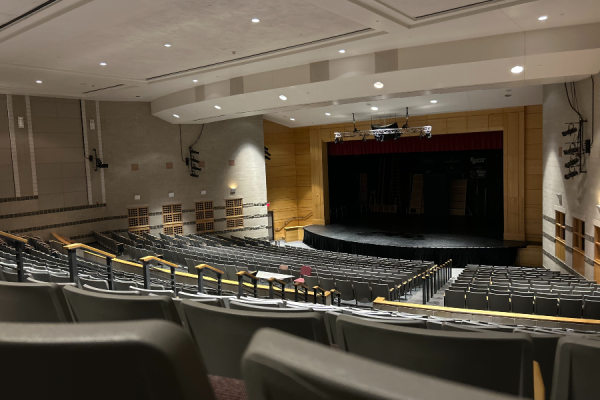Homecoming gains popularity again after student boycott 10 years ago
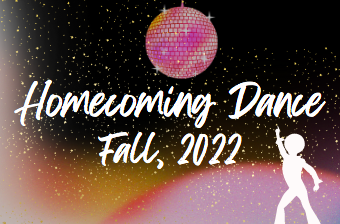
The Homecoming Dance will be set in the cafeteria on Sept. 30. Reserved tickets can be paid for by Sept. 21, otherwise they will be sold first-come, first-served.
September 13, 2022
WA students of all grades will be welcome to attend the disco-themed Homecoming Dance happening Sept. 30 in the cafeteria. Semi-formal attire is required, and there will be food and drinks available for students to purchase. As of right now, Student Council (STUCO) is only selling reserved tickets during lunch.
According to Dean Betsy Murphy, the dance floor will be on both the top and bottom floors of the cafeteria, with food served outside in the courtyard. There will also be a DJ set up near the courtyard entrance, and teachers as well as police officers there to supervise. Students are advised not to bring a jacket or other belongings with them, given there will not be a designated area to put them.
As this is the first Homecoming Dance since the pandemic, the Dance Committee, a STUCO sub-committee responsible for the Homecoming Dance, has faced many challenges organizing such a big event for the first time. According to STUCO Vice President Kendall Moran, keeping track of the students attending as well as figuring out a suitable location for the dance were some of the biggest obstacles.
“[Organizing the dance] is a lot of work. The set-up is hard, [such as] deciding on the location that would hold the most students,” Moran said. “We could have used the gym but that would have required us to put mats over it, and by the time we heard from administration it was too late, so we had to keep it limited, but the cafeteria still has a large capacity that would be bigger than Prom or Cotillion.”
According to Murphy, during the pandemic, big school dances were avoided due to concerns over the spread of COVID-19. Thus, students are really excited about going to the Homecoming Dance after being isolated for so long.
“I think our tailgates are going to be big and I am already seeing some clubs that have 40 people […]. I think when you shut down for two and a half years, you shut down fun, so when you bring it back, people are going to be there,” Murphy said.
A direct result of student eagerness to get back to pre-COVID days has been the sell-out of 600 tickets within the first two days of sales. This has left many students who wanted to go with their friends unable to attend.
“When I went there to get my own ticket I forgot to fill out the form, so I signed up when they just sold out. But they had three whole stacks of tickets [at the counter],” sophomore Alana Blacksburg said. “Also, they should have anticipated that since it is a Homecoming Dance it would be sold out the first two days and printed out more tickets.”
Despite the sell-out, there is still a chance for some reserved tickets to be available for other students if they are not paid for by Wednesday, Sept. 21. Additionally, Athletic Director Jeff Bunyon is currently trying to secure the purchase of an outside tent so that the cafeteria courtyard is open for dancing, although this is yet to be confirmed, according to Murphy.
Homecoming Dances were not always this popular, however. In 2011, a “grinding ban” was set in place by the school administration in response to the sexual dance regularly being performed at school dances. That same year, dances hosted by DECA, NHS, the school football team, and other organizations, saw a significant decrease in ticket sales.
“I knew there were some students that were really adamant about [not going to these dances and] what it did was put a negative tone on dances. [So when a club would hold] a semi-formal dance, they could not even sell 50 tickets,” Murphy said. “[And] it was two or three years of this until we decided [we would no longer hold these dances if people are not going to attend].”
Taking advantage of the ban were three class of 2011 students, who decided to host their own dance at Nabnasset Lake Country Club where grinding was allowed. Many students paid to attend, however, once Nabnasset Country Club realized what they were planning, the dance was shut down.
But despite the negative history surrounding school dances and the people who were unable to go, the response has been largely positive, according to Moran.
“I’ve heard a lot of people going to find dates and talking to their friends about what they are going to wear and all their plans before and after the dance. Everybody is really getting into it, which is awesome. I haven’t heard a lot of negative feedback yet, which makes me feel very encouraged,” Moran said.



